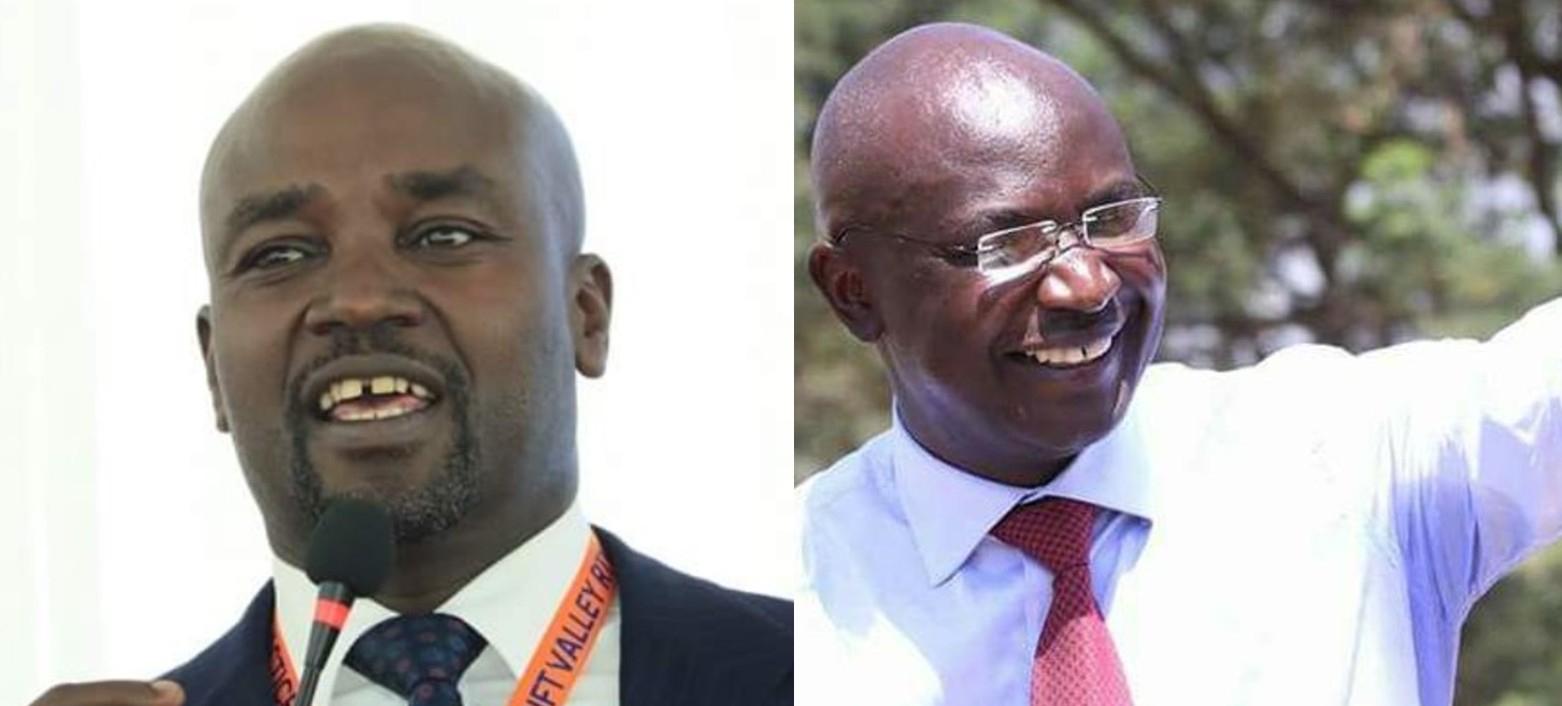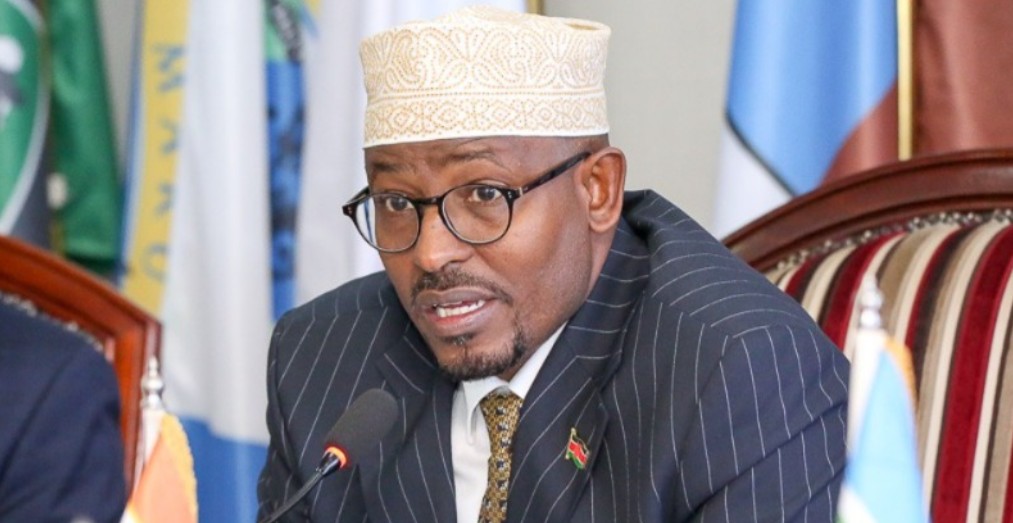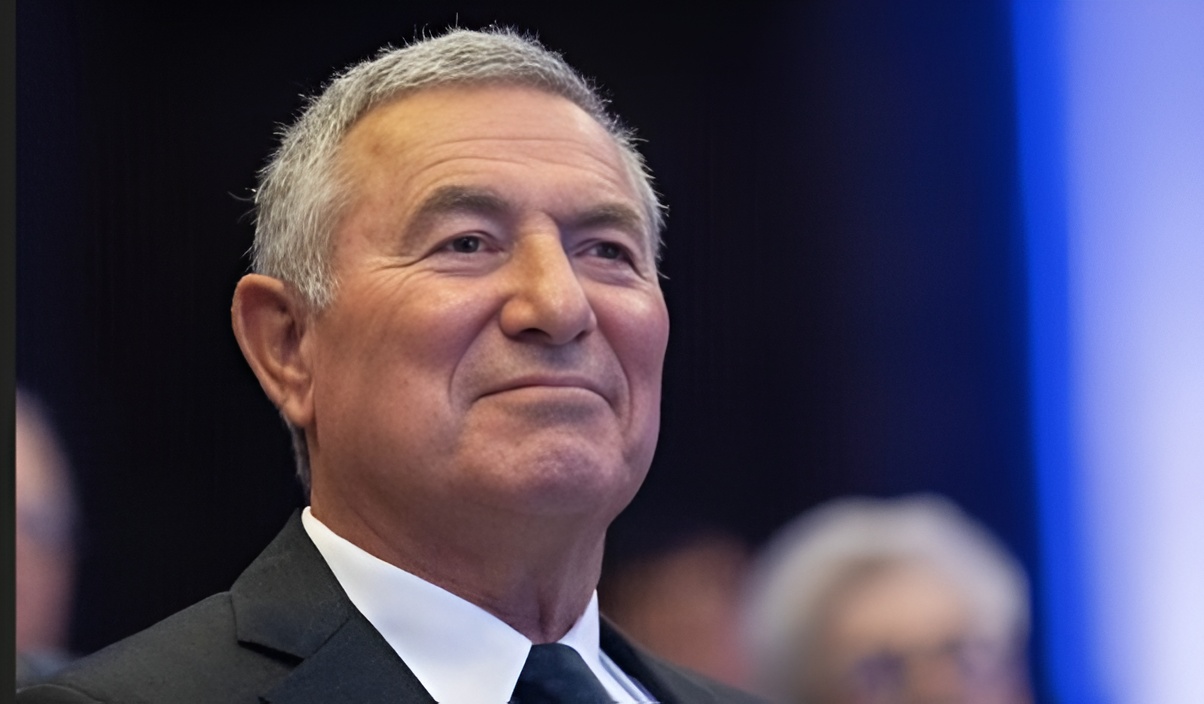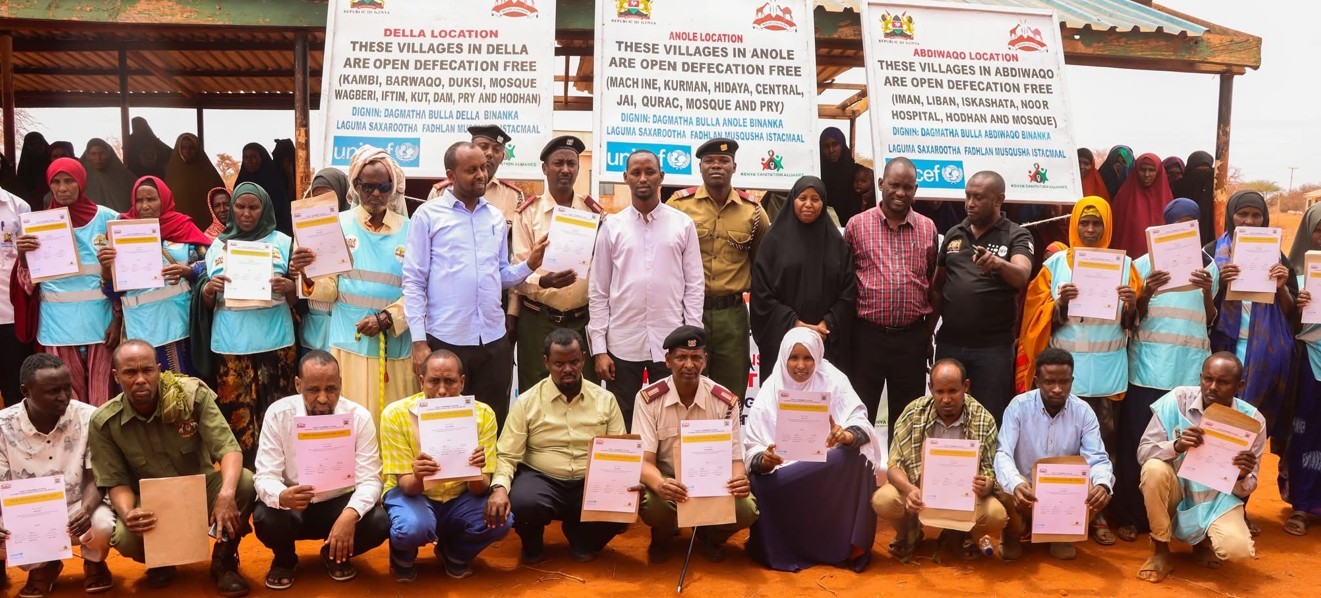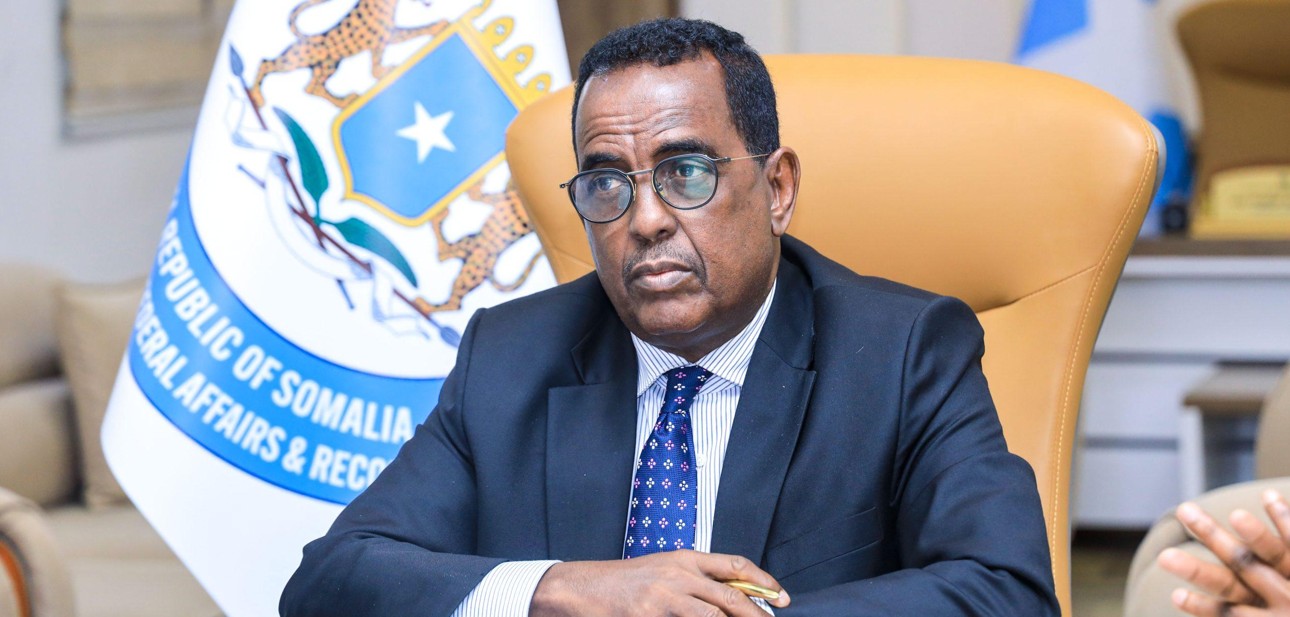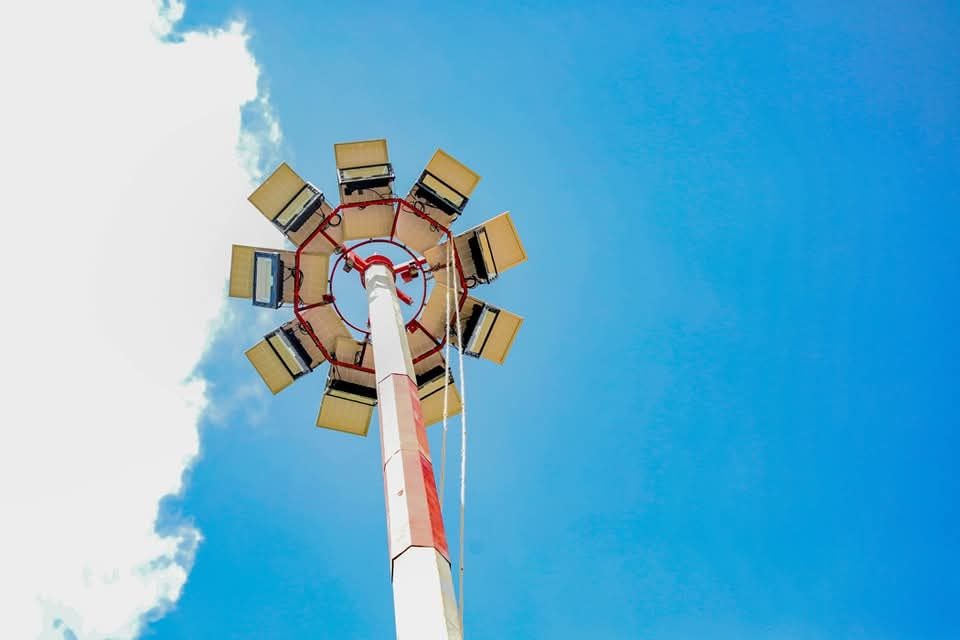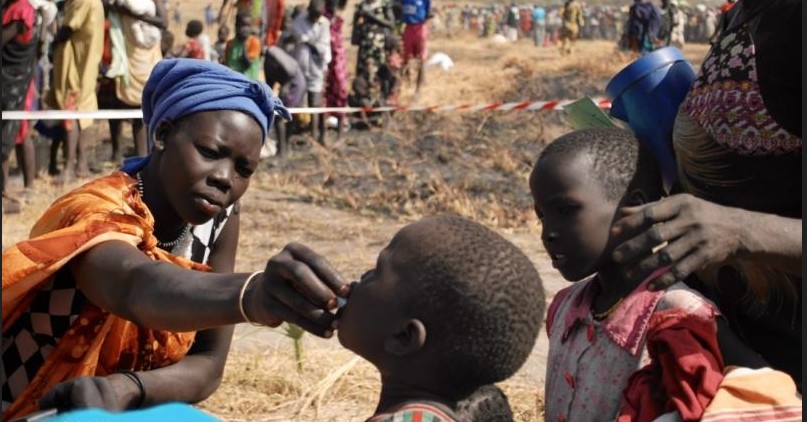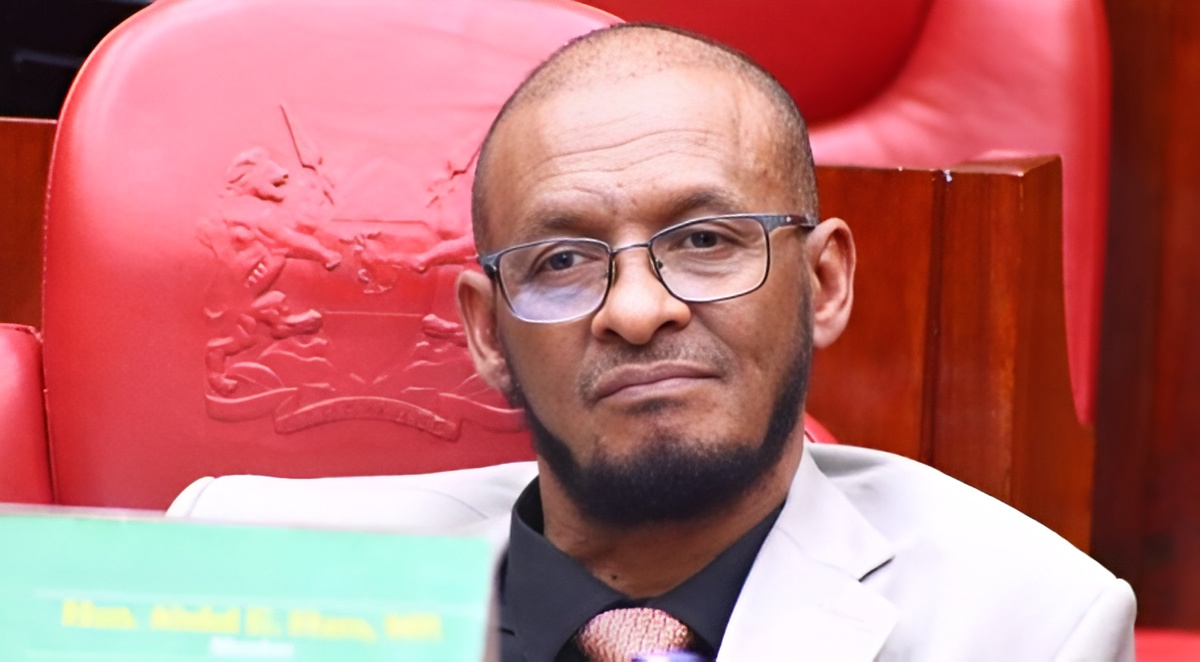High court bars DCI, DPP from arresting Malala over Kakamega chaos, grants anticipatory bail

Malala says he received information on plans to arrest him for hosting his DCP leader, Rigathi Gachagua, at his homecoming party in Kakamenga earlier this month.
The High Court has granted orders to Cleophas Malala, deputy leader of the Democracy for the Citizens Party (DCP), restraining the Directorate of Criminal Investigations (DCI) and the Director of Public Prosecutions (DPP) from arresting or charging him over the recent chaos at his political event in Kakamega.
Justice Diana Mochache of the Kibera High Court, however, directed Malala's lawyer to escort the former Kakamega Senator to the DCI offices for interrogation within five days and not later than June 3.
More To Read
- Court bars DCI from summoning Nairobi Hospital officials amid leadership wrangles
- Explainer: Why defamation is a civil, not a criminal offence
- Court sets September 6 deadline in terror case against Manyatta MP Gitonga Mukunji
- DCI launches probe into rise of juvenile gangs in Nairobi's Umoja estate, environs
- 'Muthaiga 3' activists set free after High Court rejects case extension request
- Live blog: Suspected goons stone Rigathi Gachagua's convoy on Mombasa Road
She also ordered Malala to cooperate with investigators if there is an ongoing investigation pending formal charges.
Upon the conclusion of the investigations and if a decision to charge Malala is made, DCI and DPP shall not arrest or detain him, but he shall be informed of the court where he is to appear for plea taking.
"The applicant herein is admitted to an anticipatory bail in the sum of Sh100,000 to be deposited in court," ordered Mochache.
"For avoidance of doubt, the respondents (DCI and DPP) are at liberty to investigate or charge the applicant for any criminal conduct. However, they shall not arrest or detain the applicant in view of the orders above, until further orders of the court."
The orders will remain in force until Malala is charged, and the trial court will be at liberty to determine whether to grant bail, in which case the anticipatory bail orders will cease to exist.
Malala had moved to court seeking to avert the violation of his Constitutional rights under Article 49 (1) after learning DCI was planning to arrest him. He was to be arrested on Friday to remain in custody until June 3.
Malala says he received information on plans to arrest him for hosting his DCP leader, Rigathi Gachagua, at his homecoming party in Kakamenga earlier this month.
He had alluded that the intended arrest by the police is actuated by malice, political motives, and ill-will as it is intended to embarrass, harass and intimidate him.
"At this juncture, the duty of this court is not to interrogate whether the applicant's apprehensions are genuine, rather to protect his constitutional rights and fundamental freedoms guaranteed to all persons," stated Justice Mochache.
"Article 49 (1) of the Constitution states that an arrested person has the right to be released on bond or bail, on reasonable conditions, pending a charge or trial, unless there are compelling reasons not to be released. While the right to anticipatory bail or bond pending arrest is not specifically provided for by a statute, there is no lacuna in the constitution."
Top Stories Today

